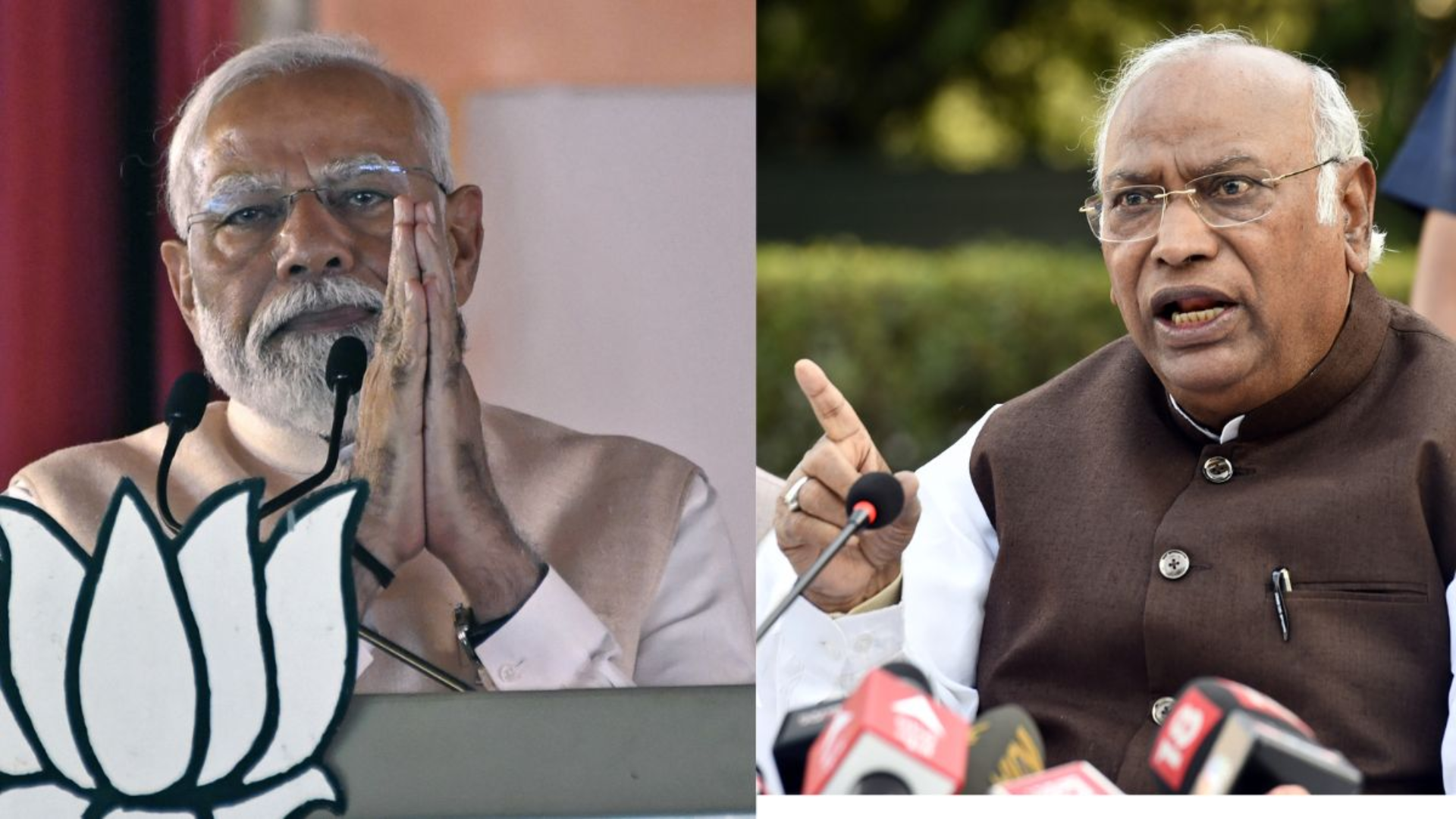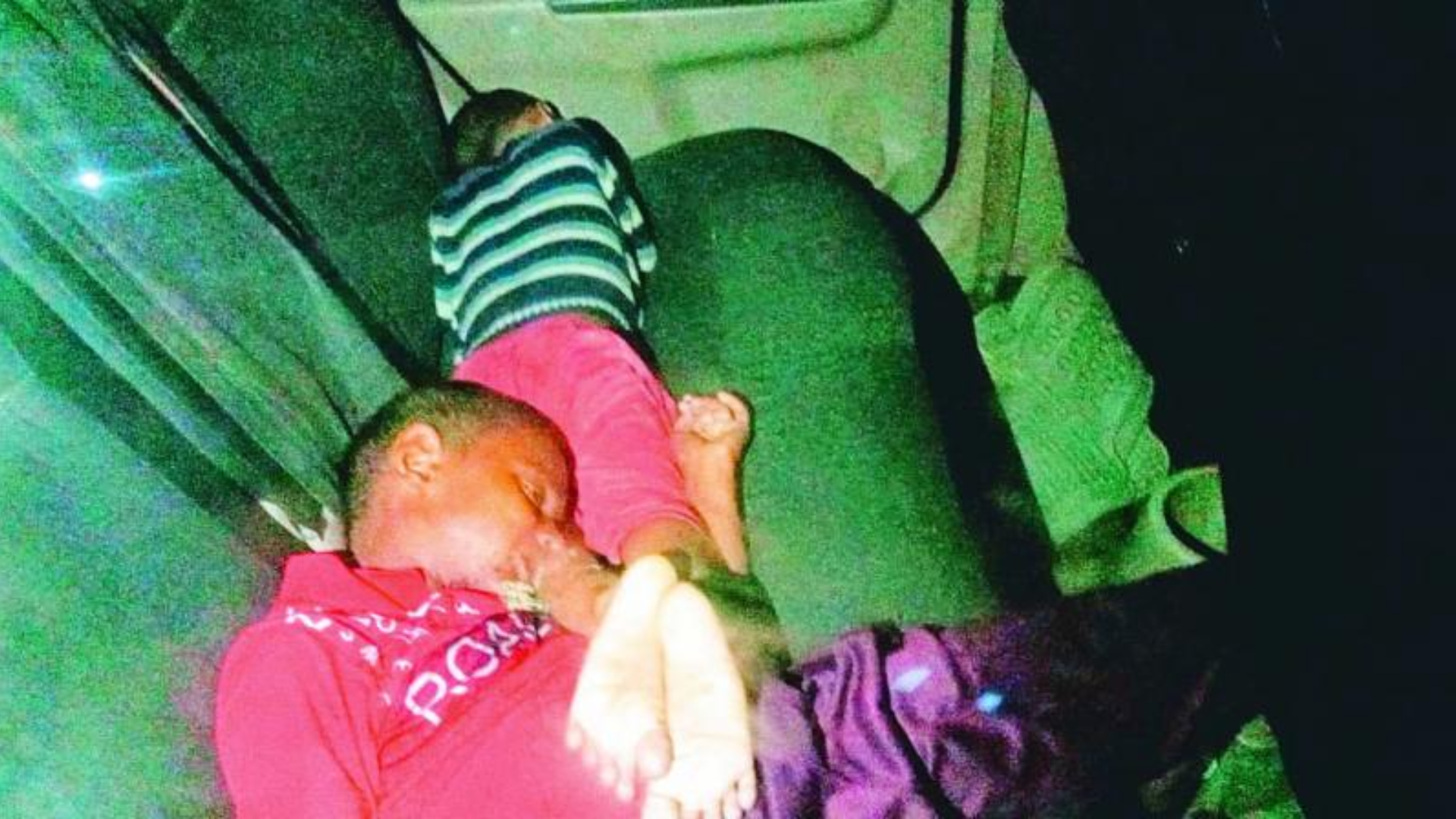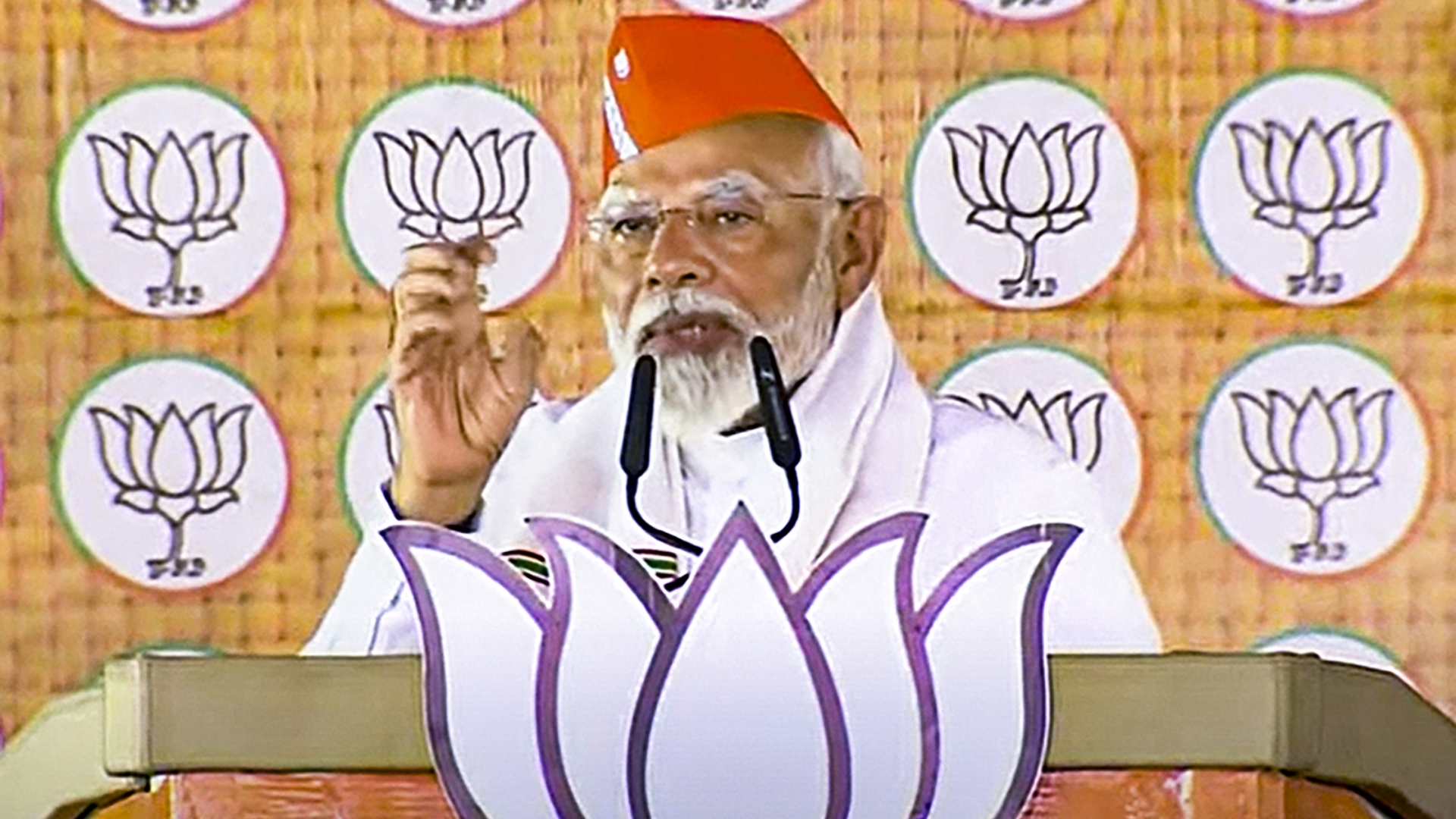



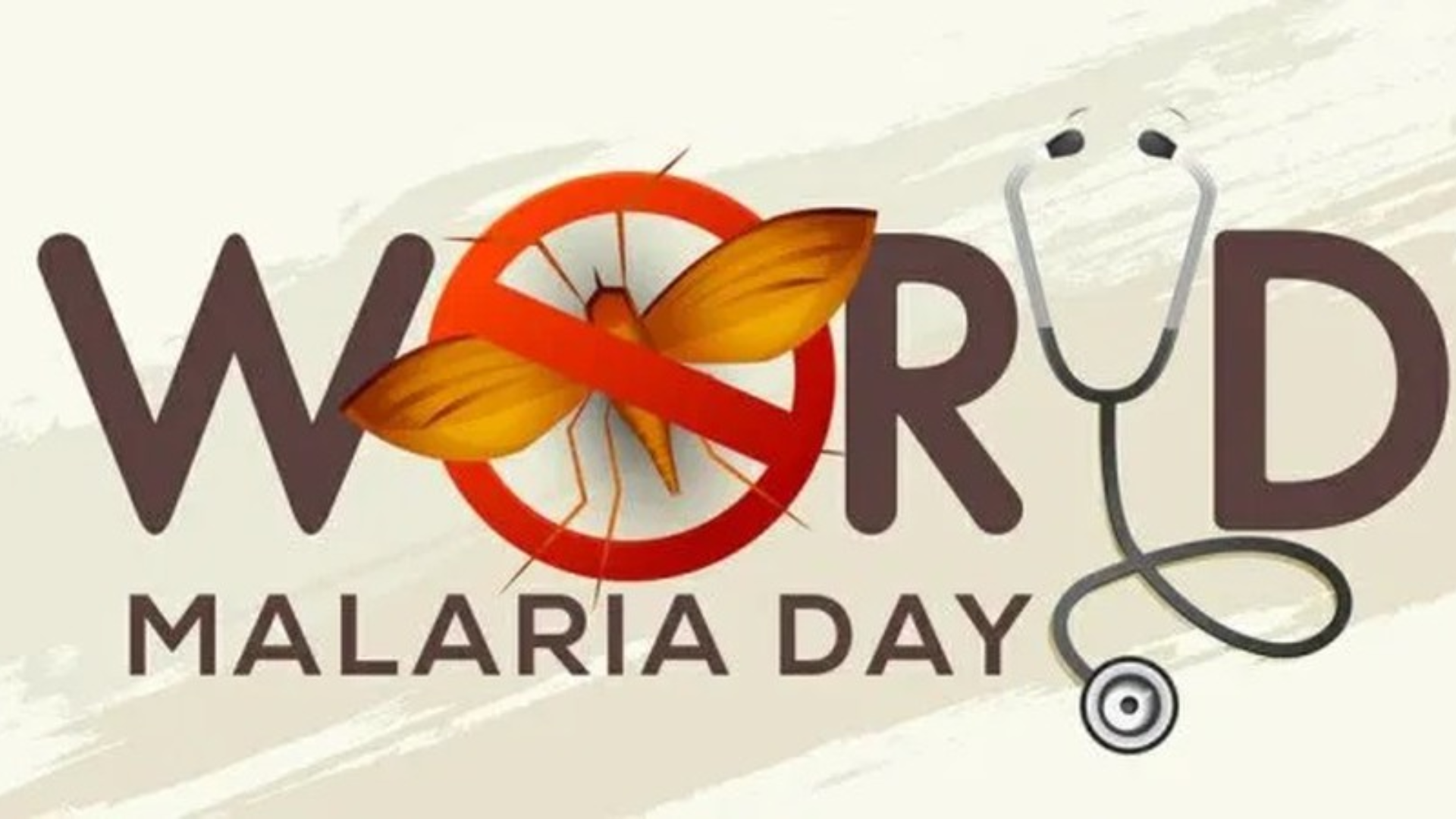
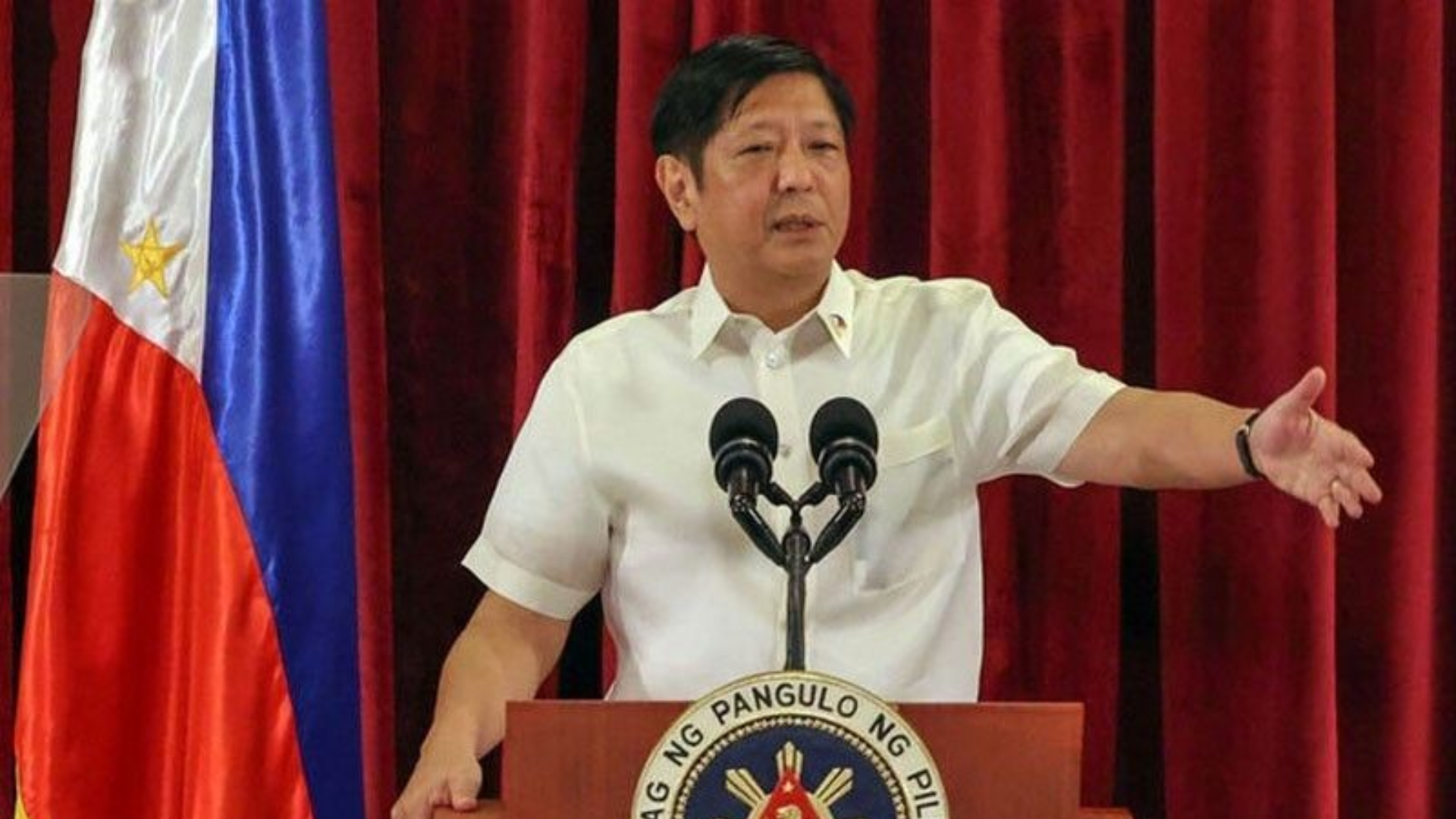

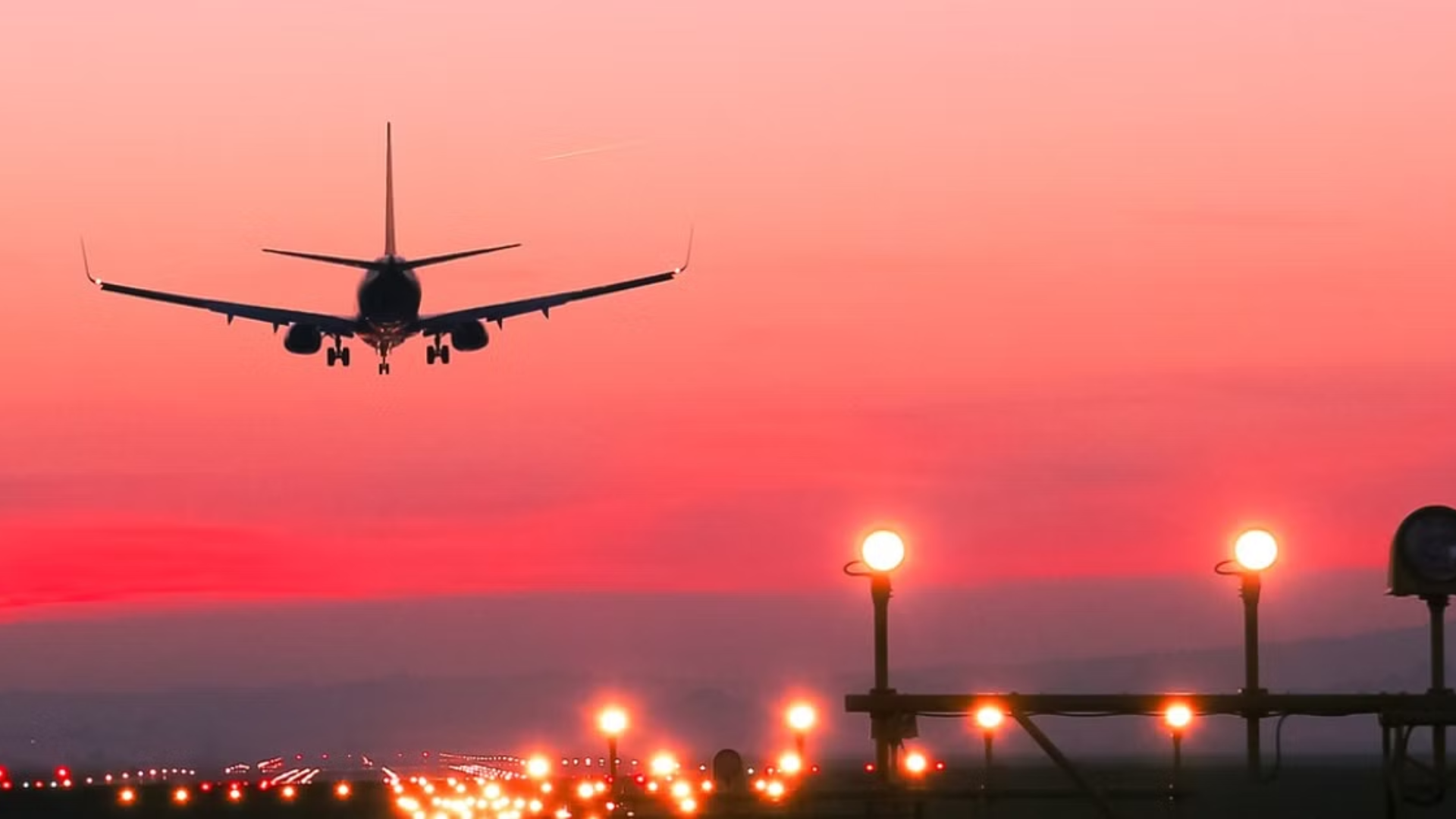
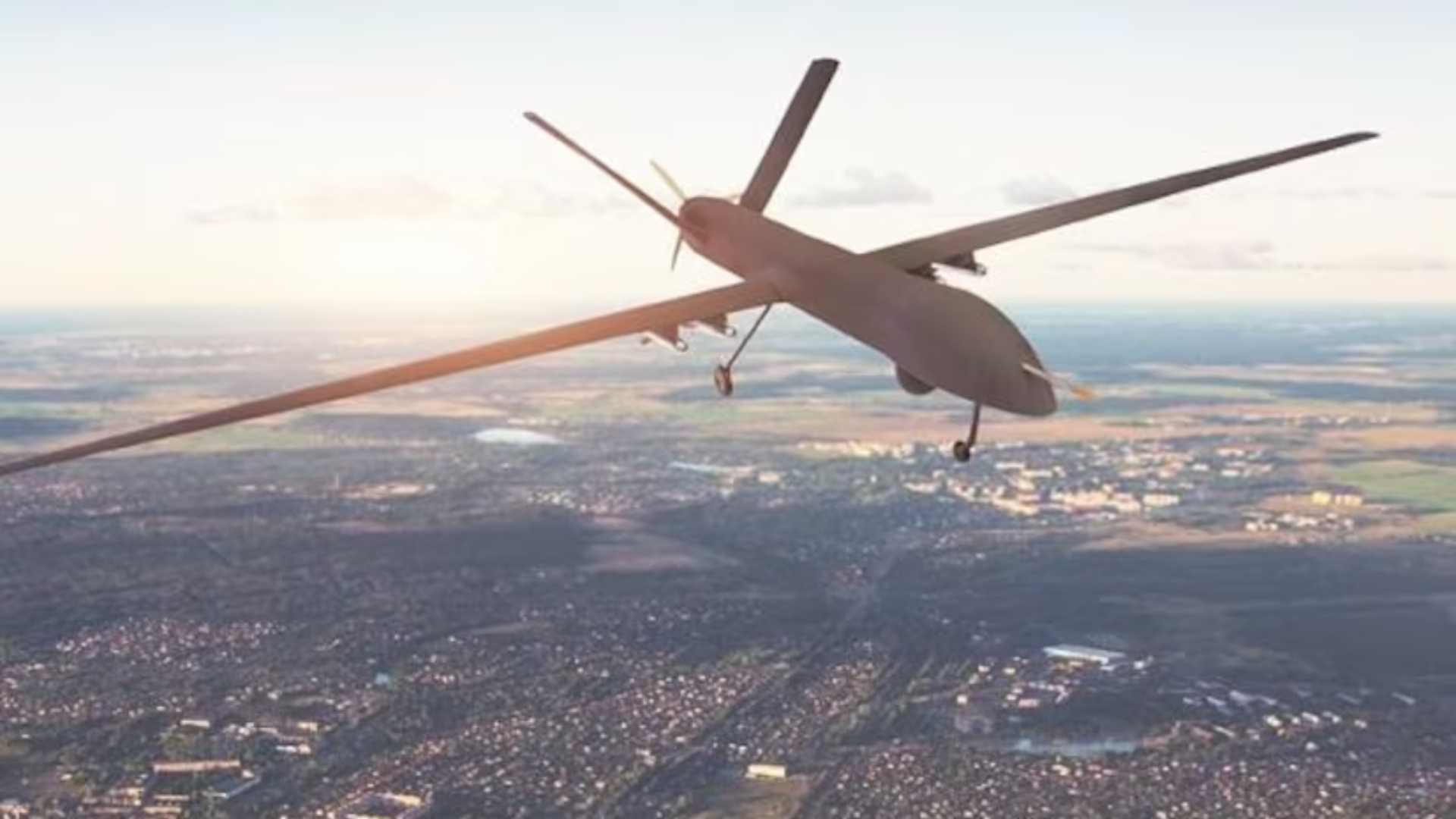
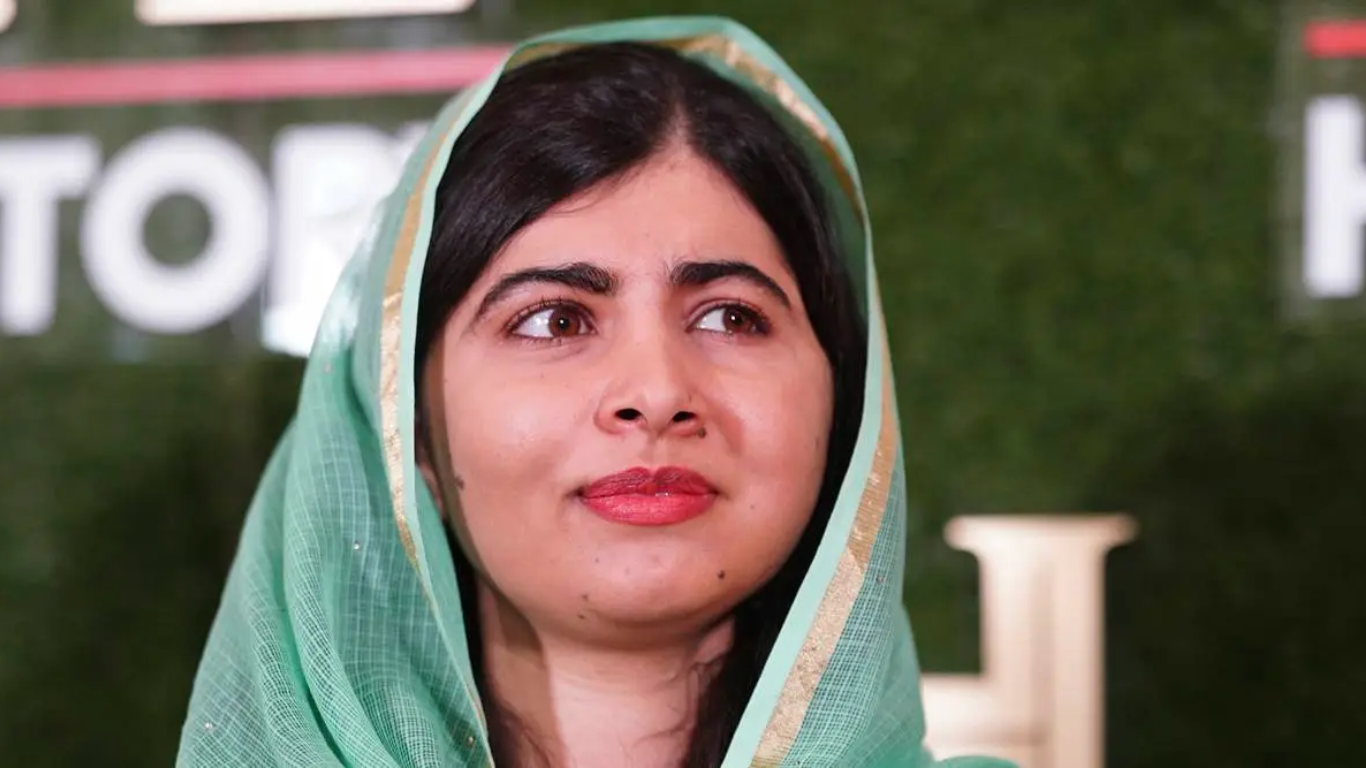
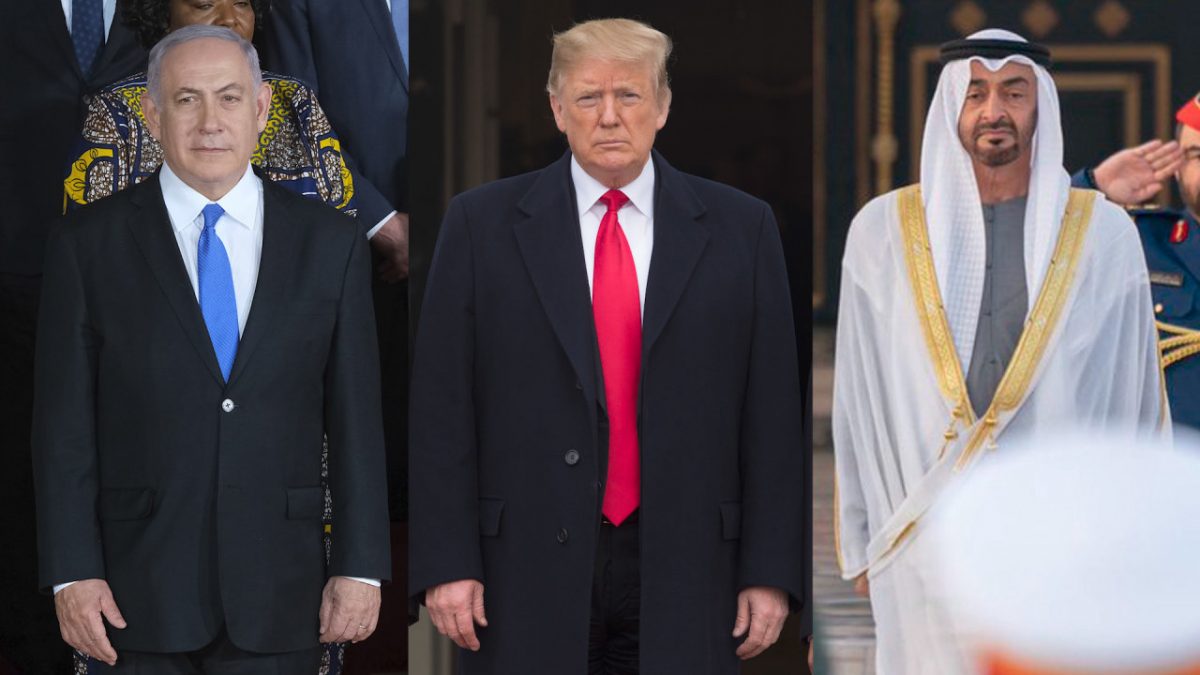
In foreign policy coverage, “historic” is term reserved for only the most influential and impactful decisions a nation can take. Good or bad, they leave a lasting impact on the world. The recent Israel-U.A.E peace deal is certainly “historic”.
It gives hope for peace, in a region where it is desperately short supply. A war-ravaged cesspool of nations with brutal internal conflicts, occasionally interspersed with external (and mostly uncalled for) intervention, the Middle East has long since been scant on peace.
The Abraham Accords, between the U.A.E and Israel, seem to shift that paradigm.
ALSO READ :India slams China, Pakistan over interference in Kashmir matter
ALSO READ : ISIS terrorist held after exchange of fire, IEDs seized
The biggest conflict in the Middle East has historically been that between the Jewish state of Israel, and the surrounding Islamic theocracies. The United Arab Emirates and Israel have long since conformed to this status quo.
It should bring great joy to us all, that this may all be about to change. However, in our shared relief at peace in the Middle East, we must not forget to look deeper, at this “historic” deal.
Without question, the Trump Administration’s efforts in securing the accords are to be lauded. If not for them, we would never be at the precipice of such unprecedented stability and allyship between two historic rivals.
But we need to look more closely at why there was any scope for agreement in the first place. Surely, two nations as bitterly opposed to each other as Israel and the U.A.E, would not have a sudden humanitarian awakening, right? What then, is responsible for this shouldering arms?
Iran.
To be specific, the growing threat of a nuclear arsenal, at the disposal of a terror sponsoring Iranian regime.
In 2015, the United States, after first threatening sanctions on Iran, agreed to join the Iran Nuclear Deal, as a way for Iran to have nuclear capability, while avoiding sanctions. Under the leadership of President Barack Obama, the US became a signatory to the Joint Comprehensive Plan of Action (JCPOA), also referred to as the Iran Nuclear Deal.
It was stipulated that Iran would shut down two thirds of its gas-centrifuges, eliminate its medium-enriched stock of uranium, and lower by more than 90% its stock of low-enriched uranium (only for a 15 year period, after which Iran would have unrestricted freedom to access these resources), along with many other restrictions.
It was pitched as a way to control and moderate Iran, but it was anything but.
The Iranians had no intentions of moderating; they remained the same radical, terror-sponsoring state that they were before the deal, after.
In May 2019, the U.S deployed additional military units to the Persian Gulf after reports of an Iranian campaign to sabotage oil transportation in the Strait of Hormuz. This began a series of escalations, in which Iran allegedly sabotaged two Saudi Aramco oil tankers (followed by two more just a few days later), and then proceeded to shoot down a U.S drone.
This litany of conflicts and near-conflicts contributed to Iran’s declining cooperation with the deal, which the U.S had already pulled out of.
After a year filled with similar exertions, the last straw came on January 3rd, 2020, when the United States assassinated the Iranian general Qasem Soleimani. Iran had had enough, and announced it would no longer comply with the JCPOA, and further went on to levy a military strike on a nearby U.S base.
The U.A.E, and other likeminded Middle Eastern nations watched on in quiet consideration. Many of them (Saudi Arabia comes to mind) had already been having back-channel talks with Israel over fears about Iran.
The U.A.E, for its part, has long since been wary of Iran, and has allowed for an Israeli pseudo-alliance to curb Iranian influence. As far as back as 2009, Israeli and U.A.E US ambassadors jointly appealed to the Obama Administration to be harsher on Iran. In 2012, Benjamin Netanyahu met the UAE’s foreign minister in New York, to discuss the Iran issue. After the signing of the Iran deal, U.S intelligence found backchannel communications between Israel and the UAE, urging cooperation against Iran. In 2017, emails were leaked showing Israeli and UAE intelligence officers actively collaborating to sabotage Iranian operations.
The list is endless, and the answer is obvious; a shared fear of Iran has brought two bitter enemies to a truce. More such truces will soon manifest, as many Middle Eastern countries take stock of their new reality; a choice between a dominant Iran against a scattered and conflicting neighborhood, or a weaker Iran, facing a somewhat united front.
We should celebrate this. But we should also understand that we haven’t actually solved the issue at hand.
The Israel-Palestine dispute is the main reason behind most Middle Eastern conflict (and a healthy helping of anti-Semitism in Islamic theocracies as well). The concessions granted in the Abraham Accord, namely that Israel will not annex territories beyond the Green Line, changes nothing. Netanyahu, has already made it quite clear that his plans to annex parts of the West Bank are only on hold, and will be pursued at a later date.
The age-old conflict regarding Palestine has not been resolved by the stroke of a pen. The allyship formed between the Israel and the U.A.E (acting as a metaphor for the increasing allyship between Israel and large swathes of the Middle East), is not based on any common friendship or a hashing out of old grievances.
It is based on a common enemy.
If and when that common enemy is no longer a threat, what exactly is to prevent those deeply rooted differences from giving rise to conflict once again?
Also read: India’s Covid-19 tally surpasses 3 million mark, recovery rate at 74.6%

